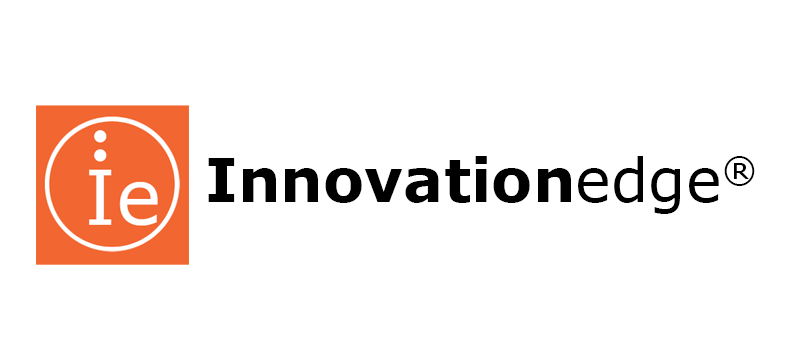Accenture, a global consulting firm, predicts that intelligent automation will be 2016’s biggest tech trend, perhaps even the biggest trend of the century. Although I think it’s a little early to forecast one trend for all of this century (it’s still pretty early yet!), I do think IA already has made a significant shift in the way corporations get their work done. Innovation Enterprise has the story:
 “…Futurist Ray Kurzweil predicted that 2045 will be the year that artificial intelligence finally surpasses that of humans, in an event he called the singularity. Kurzweil believes that the singularity will see a change to life as we know it far beyond what the human brain is currently capable of comprehending, an idea that almost everyone working in the artificial intelligence field agrees with. They differ only in what year the event will occur.
“…Futurist Ray Kurzweil predicted that 2045 will be the year that artificial intelligence finally surpasses that of humans, in an event he called the singularity. Kurzweil believes that the singularity will see a change to life as we know it far beyond what the human brain is currently capable of comprehending, an idea that almost everyone working in the artificial intelligence field agrees with. They differ only in what year the event will occur.
While the day that artificial intelligence outstrips that of humans isn’t here yet, businesses are already using it to replace tasks that were traditionally carried out by people.
According to to the Accenture Report, intelligent automation is the launching pad for new growth and innovation, but it won’t simply be about replacing people with technology. The report states that, ‘Powered by artificial intelligence, the next wave of solutions will gather unprecedented amounts of data from disparate systems and — by weaving systems, data, and people together — create solutions that fundamentally change the organization, as well as what it does and how it does it.’
Automation uses software code that runs according to a defined goal, and serves internal systems such as initiating, validating, monitoring and controls other software applications or processes when needed. It uses machine learning processes to learn for itself, constantly adapting using new data that feeds into the algorithms. There are a number of key technologies to the process, including natural-language processing, computer vision, knowledge representation, and reasoning and planning intelligence.
In a survey of Accenture’s clients, 70% of executives said they are significantly increasing investments in AI compared with two years ago. One enterprise is validating 300,000 business process steps per day using 100 virtual machines. This would be a task impossible to carry out manually. Siemens is another company that is using automation extensively. Their lights-out factory has automated some of its production lines to the extent that they can run without supervision for weeks at a time.
Lee Naik, MD of Accenture Digital SA, explains that: ‘I see organizations looking more and more towards intelligent automation to do two things: firstly, to improve the efficiencies of services that can run 24/7 and help them to become more effective in a digital world. Secondly, intelligent automation as a way to enable key knowledge workers to be more productive and efficient in driving the correct outcomes for their organization.’
The evidence agrees with him. A recent Cognizant study found that, when applied to automating core business processes, intelligent automation increases human being’s productivity, and improves their problem-solving capabilities. Cognizant’s research also revealed that humans work smarter with sophisticated software to automate business tasks, generating rich process data that can drive meaningful insights, value and outcomes for businesses.
The understandable fear that many have when it comes to automation is that jobs will be impacted. The Siemens’ factory is a good example of why this is likely to be wrong, with more than 1,150 employees supporting their systems. Rather than eliminating the need for people, many argue that it will cause them to move into better, more interesting and creative jobs. There are, of course, those who disagree, notably Stephen Hawking and Elon Musk. Either way, it is likely that this year we will start to get a better idea of the impact that it will have.” source
